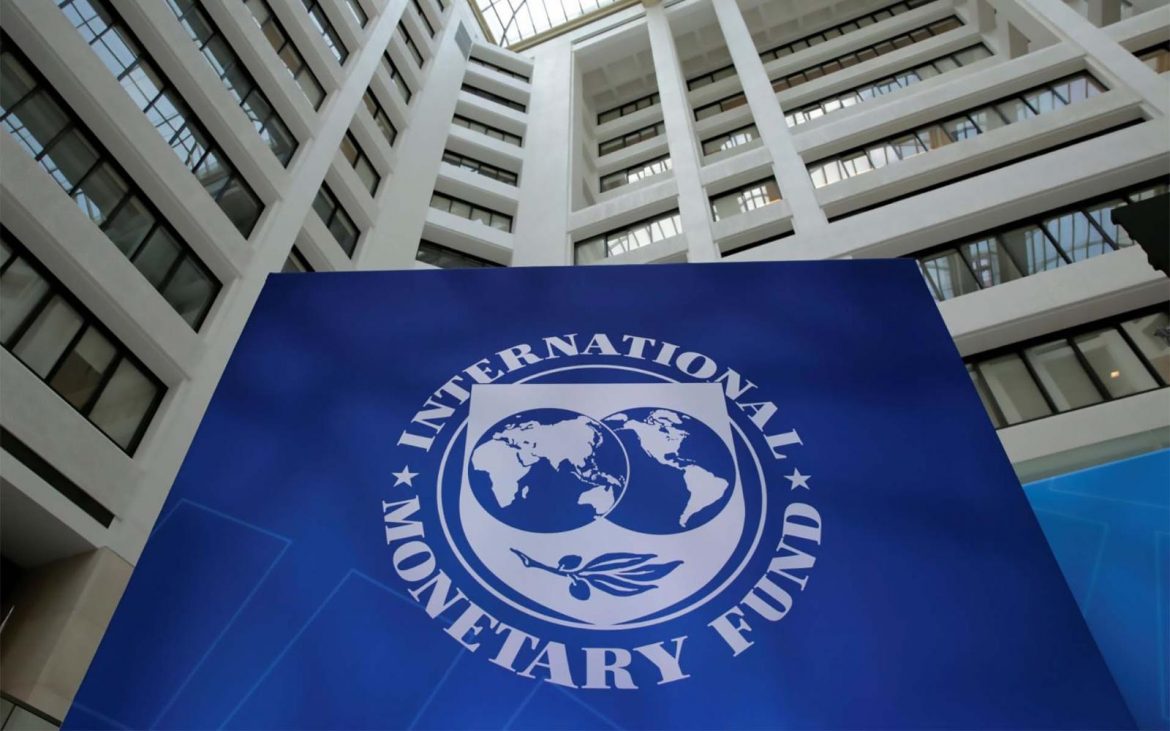519
Daniel Adaji
The International Monetary Fund (IMF) has forecasted a 3 per cent economic growth for Nigeria in 2025, despite facing significant challenges such as inflation, forex volatility, and weak infrastructure.
The IMF’s latest World Economic Outlook report, released on Tuesday, indicates that while these hurdles persist, recent policy changes like the partial unification of exchange rates and the removal of fuel subsidies offer potential for economic recovery and increased investor confidence.
“If these reforms are properly implemented, they could help stimulate economic activity,” the report states.
Nigeria’s growth projection for 2025 is slightly more optimistic compared to 2026, when the IMF anticipates a 2.7 per cent growth. The IMF highlights that while Nigeria’s economy is under strain, there is room for improvement if the country continues to implement the right policies.
The IMF’s report also notes that global economic conditions could affect Nigeria’s growth. Amid heightened trade tensions and policy uncertainty globally, the IMF lowered its global growth forecast, revising it to 2.8 per cent for 2025.
This downward adjustment is largely driven by increased tariffs and the resulting economic uncertainty, particularly in major economies like the United States and China. However, the IMF also emphasizes that the global growth forecast remains well above recession levels.
For Nigeria, addressing structural issues like inflation and bolstering infrastructure will be critical for sustaining growth in the long term.
The IMF suggests that Nigeria’s focus on creating a more stable and attractive investment climate could improve its economic trajectory, provided it capitalizes on its policy adjustments and addresses internal challenges effectively.
Despite global uncertainties, Nigeria’s ability to navigate these economic shifts will depend largely on the execution of its reforms and the broader global economic environment.



